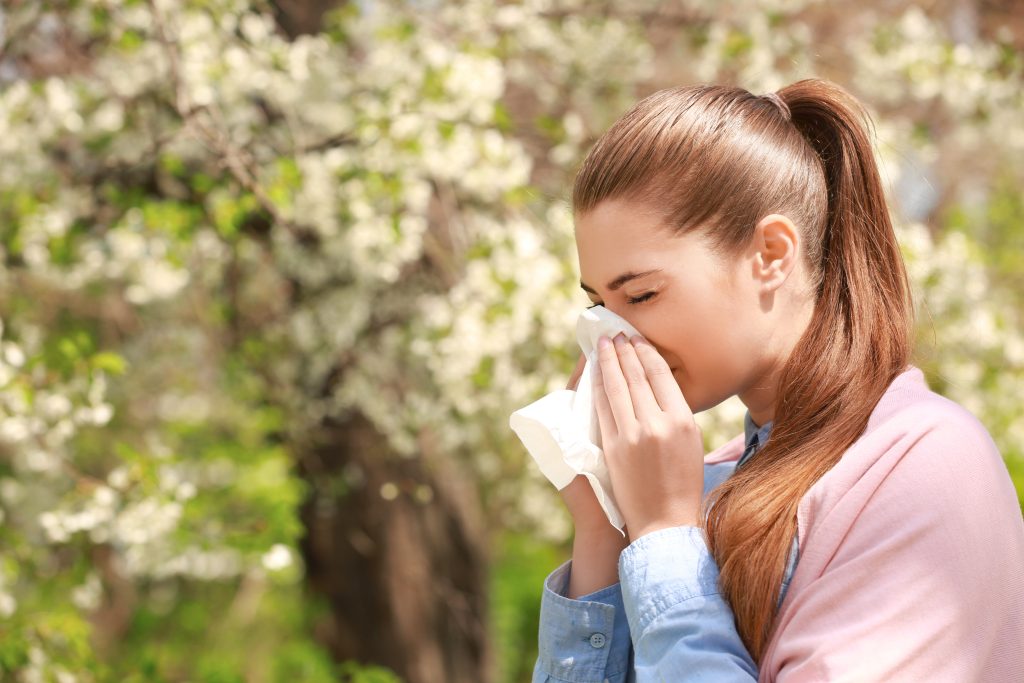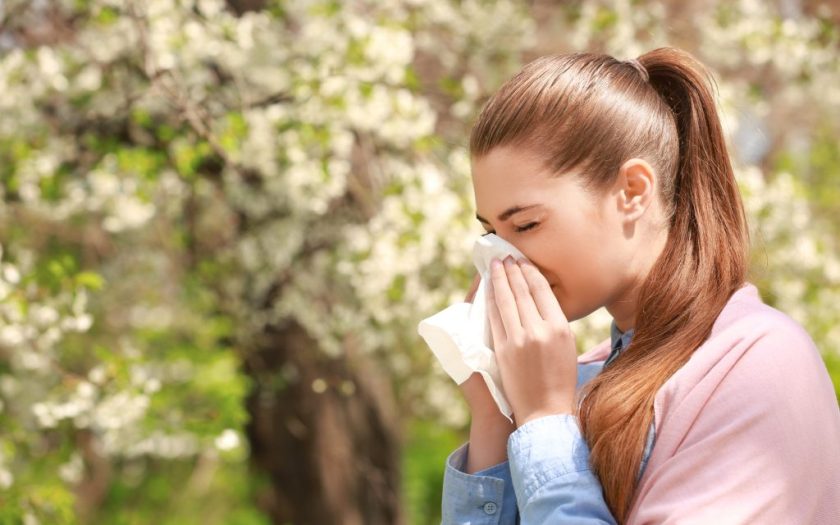How to recognize if you suffer from seasonal colds or pollen allergies
It is true that hay fever or allergic rhinitis at first glance resembles the common cold. The common cold has a limited duration, hay fever lasts and lasts. To determine the difference, it is best to do allergy tests and, after the examination, follow the advice of an allergist. The first rule is to avoid contact with allergens, so you should stay away from open space, the place of abundant flowering, especially in windy weather, when the wind brings pollen from all sides. Antihistamines are medications that will make your life easier during flowering.
Pollen allergy is very unpleasant and can bring a number of complications. Antiallergics are sufficient in mild cases, but in severe cases, hypersensitivity is performed to help deal with pollen allergy. Often, hay fever is accompanied by a dry cough and difficulty breathing that require a pulmonologist’s examination. Pollen allergy unfortunately it can also turn into allergic asthma, and then inhaled corticosteroids, bronchodilators, asthma pumps, nasal sprays and other methods are introduced into the treatment with antihistamines, depending on the time of year and flowering season.
Pollen allergy has following symptoms
- itchy or watery eyes
- itchy throat
- a runny nose
- sneezing
- a stuffy nose
- wheezing
Pollen allergy is a seasonal ailment that is prolonged by climate change
It is known that there are seasonal and non-seasonal allergic rhinitis, and the difference is in the cause or allergen that causes it, but they are equally manifested, so allergens should be isolated through allergy tests. Pollen allergy is a seasonal problem that is prolonged by climate change, because warming prolongs the time of vegetation, the time of flowering, and the phenomena of flowering occur in a completely wrong season. For some allergy sufferers, this makes life very difficult, and in acute attacks of allergic fever, they need to be hospitalized.

Children find it especially difficult to cope with pollen allergies and are often allergic to flowering grasses, wildflowers, wild and domestic fruits, anything that blooms. Pollen allergy in children must be prevented and treated in the acute stages, because it is more often in children that it turns into allergic asthma. Many allergy sufferers are constantly with a loss of sense of smell, due to constant runny nose and eyes, shortness of breath and other ailments, their life is very complicated and difficult.
Bioprognosis, flowering calendar and pollen allergy
Many allergic rhinitis and asthma are not recognized in time as allergic which leads to wrong treatment. For proper treatment, it is necessary to perform allergy tests, isolate allergens and start adequate treatment as soon as possible. Bioprognosis, flowering calendar and pollen allergy are very closely related, if you follow the bioprognosis and flowering calendar, you will take all protection measures and timely treatment in time. It is certainly better to prevent than to treat, but the essence of treatment is to allow you to live a normal life with an unpleasant companion, an allergy.
Pollen allergy calendar occupies three seasons: tree pollen (mostly in spring, grass pollen (mostly in late spring and summer, but some grasses bloom in and in autumn), ragweed pollen (mostly in autumn), but climate change has ruined everything, so we bloom surprise and in the middle of winter, so they give more accurate instructions for bio-forecasts that help us monitor the real trends of changes in nature, because the calendar ones have become capricious and unreliable.
Pollen allergy over counter treatment
- Shop for Zyrtec.
- Shop for Claritin.
- Shop for nasal sprays.
- Shop for HEPA filters.
- Shop for herbal teas.
- Shop for neti pots.
- Shop for Allium cepa.
- Shop for Euphrasia.
source: medicalnewstoday
